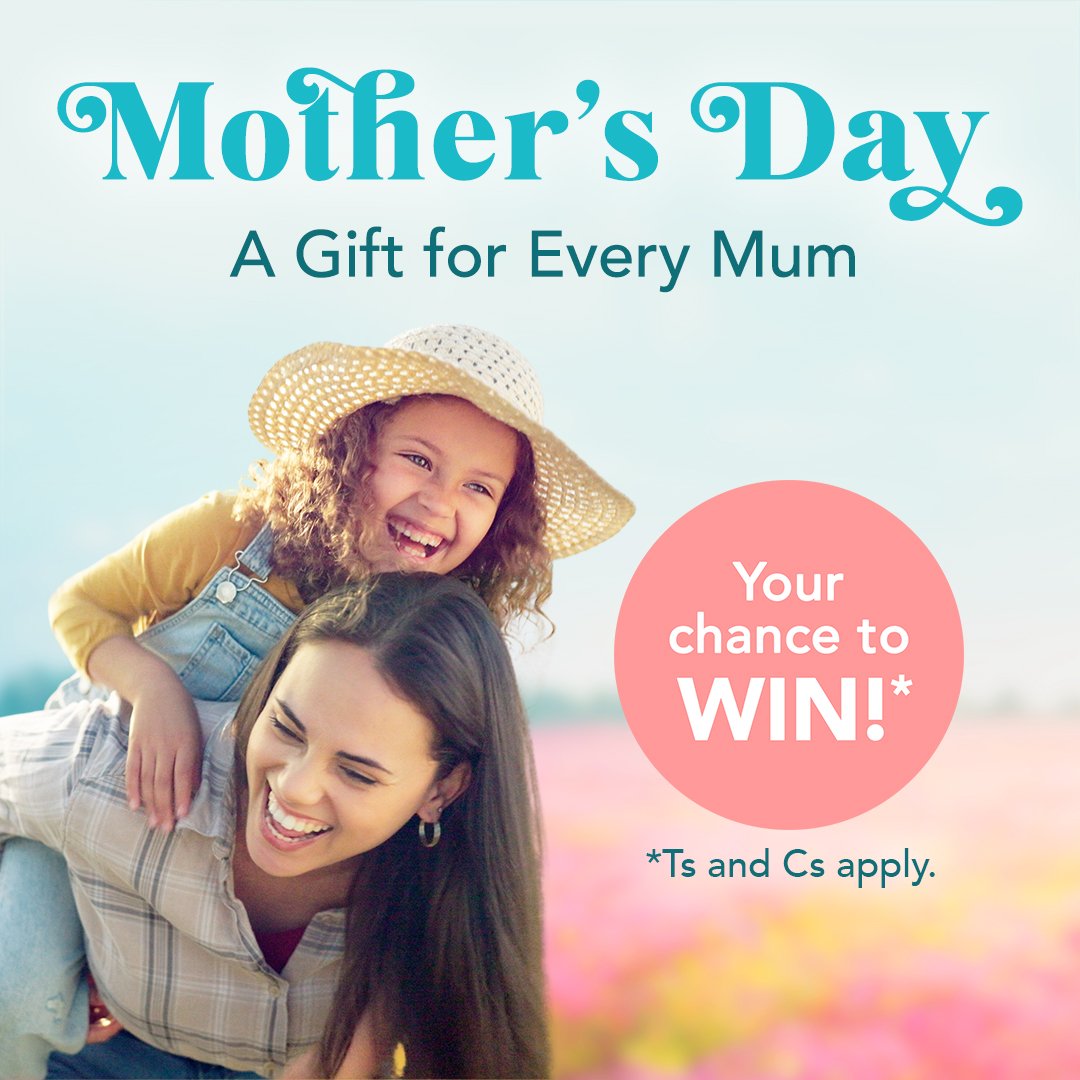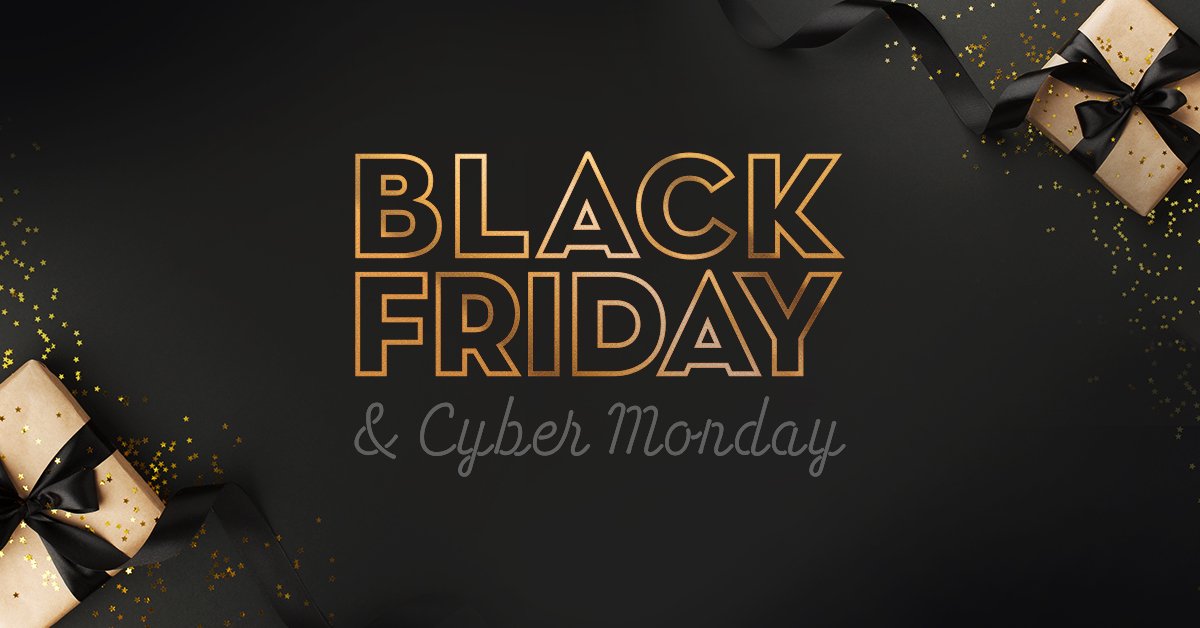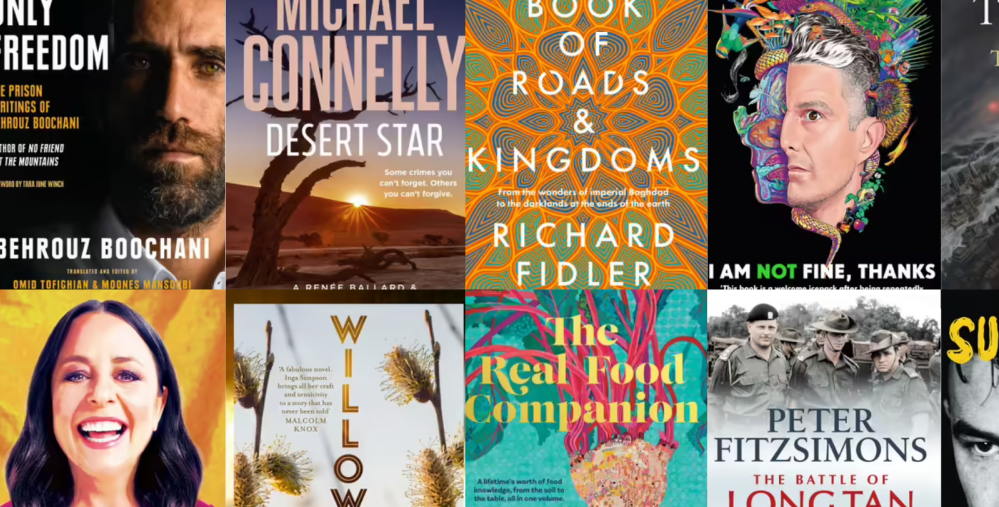Irma Gold is an award-winning author and editor. She has previously published a short fiction collection, Two Steps Forward, and her short fiction has been widely published in anthologies and journals like Meanjin, Island, Westerly, Going Down Swinging and Review of Australian Fiction, among many others. She has also published three children’s books, with another two forthcoming in 2021. She is co-host of the Secrets from the Green Room writing podcast. The Breaking is her debut novel. It won the NSW Writers’ Centre Varuna Fellowship Award and received development funding from artsACT and CAPO. Irma is Ambassador for Thailand’s Save Elephant Foundation and has worked with rescued elephants in Chiang Mai, Surin and Kanchanaburi.
Today, Irma Gold is on the blog to answer our Ten Terrifying Questions! Read on …
1. To begin with, why don’t you tell us a little bit about yourself – where were you born? Raised? Schooled?
I was born in England and have five younger brothers. We emigrated to Australia when I was nine, arriving in Melbourne in the middle of a ferocious heatwave to a rundown house without aircon. I cried and cried. My brothers and I lost our accents within a matter of weeks, purely to survive the playground. But I quickly fell in love with the place. We lived across the train tracks from the beach – a proper beach, not like the English ones full of pebbles. But still, when I was 19 I returned to England and lived there for several years, spending all my pennies travelling Europe and Africa. I came back, of course. I missed our high skies and wide spaces and thrumming heat. I can’t imagine ever living anywhere else.
2. What did you want to be when you were twelve, eighteen and thirty? And why?
When I was twelve I wanted to live inside books. I would have said that I wanted to be a writer if I’d known that was even a possibility. To me, authors were hallowed beings, they weren’t people like me, so I didn’t even imagine it for myself. I spent endless hours making books on my bedroom floor, but it was just for fun.
When I was eighteen all I wanted was to travel (and write bad poetry). I was studying an arts degree at Monash University (which I was soon to ditch) and madly saving for overseas adventures. I still didn’t know that I could be a writer.
When I was thirty I had a two-year-old and was pregnant with my second. That was everything. I’d left my job as the editor of an arts magazine to have my eldest and was working freelance. I’d had some short stories published and I was writing, but only sporadically, in the cracks of life. Motherhood was all-consuming, exhausting but utterly wonderful.
3. What strongly held belief did you have at eighteen that you do not have now?
That you should always finish reading a book you’d started (now I give it 50 pages, tops). And that pineapple was evil (now I cannot get enough of its tangy goodness).
4. What are three works of art – film, book or piece of music, etc – that you can now say had a great effect on you and influenced your career?
My Year 11 literature teacher made me fall in love with books in a new way, as we unpacked what was on the page. The Go-Between by L.P. Hartley is the first novel that I remember experiencing through this new lens. In a classroom full of heat and hormones, the sensuous pleasure of it was a revelation.
At university Helen Garner’s Monkey Grip opened me up to what writing could be. It was so vivid, so alive, so honest, and replete with the small details that make a work sing. The construction of every sentence was a lesson in how to write. Reading it was exhilarating. I almost never reread books (there are not enough hours in a life to read everything) but I’ve reread Monkey Grip three times (a record for me) at different points in my life.
There isn’t a third that I can be specific about, but all the great books that I’ve read over the years have formed a kind of compost that has fed my writing.
5. Considering the innumerable avenues open to you, why did you choose to write this book?
In many ways this story has been brewing since I was seven. My parents took my brother and I to a circus and afterwards we had our photograph taken with an elephant. As I stood beside this enormous creature, her trunk briefly brushed against my cheek. It was corrugated but gentle, and I fell in love. As an adult I wanted to get close to elephants, and I thought this meant riding one. When I started researching before a trip to Thailand, I began to understand the dark side of the tourism industry.
But this book actually began with characters. One day Hannah and Deven simply arrived. I didn’t have a choice. As strange as it sounds, they chose me. They were already fully formed, and seemed almost to write themselves. The novel spooled out of me. I am certain I will never have that experience again (and the novel I am currently working on has been a very different experience).
I suppose I could have written a nonfiction book about the exploitation of elephants, but that didn’t interest me. Fiction is where my heart is, and it’s the best way I know of exploring this messy world that we live in. Fiction is also immersive in a way that nonfiction mostly isn’t. It’s an intimate experience to be inside a character, experiencing what they do. As Obama once said: ‘The most important stuff I’ve learned I think I’ve learned from novels.’ Fiction is about trying to make sense of what it means to be human.
6. Please tell us about your book!
The Breaking tells the story of two young Australian women who find themselves rescuing elephants from Thailand’s tourism industry. It’s a bildungsroman and a love letter to Thailand that is also about the enduring cost of animal exploitation.
Researching this novel I worked with rescued elephants in Chiang Mai, Kanchanaburi and the tiny village of Bantaklang in Surin, Thailand. The writing life definitely has some perks!
7. What do you hope people take away with them after reading your book?
Most importantly, I hope that readers enjoy the ride, and that these characters take up a place in their hearts. But I also hope that it gets them thinking. The novel invites reflection and re-evaluation. It asks difficult questions without offering up the answers, and no doubt the conclusions that readers draw will be various. My great hope is that the book will start conversations that will be galvanising, so that the realities of animal entertainment and tourism become more widely known. Feedback from early readers, who have been astonished by what the book uncovers, has been gladdening.
8. Who do you most admire in the realm of writing and why?
So many! I feel fortunate to be part of such an incredible writing community who inspire and sustain me. And I particularly admire women writers who take risks and write with beauty: Charlotte Wood, Helen Garner, Melissa Lucashenko, Zadie Smith, Curtis Sittenfeld, Chimamanda Ngozi Adichie, Elizabeth Strout, Donna Tartt, and so many others.
9. Many artists and entrepreneurs set themselves very ambitious goals. What are yours?
To keep writing. To publish another novel, and another. And to keep getting better.
10. Do you have any advice for aspiring writers?
Read obsessively (I am always shocked by the number of aspiring writers who do not). Write what scares you, and sets your heart alight. Take on the advice that resonates, and ditch the rest. Never give up.
Thank you for playing!
—The Breaking by Irma Gold (MidnightSun Publishing) is out now.

The Breaking
Hannah Bird has just arrived in Thailand. Disoriented and out of her depth, she meets Deven, a fierce and gutsy Australian expat who sweeps her into thrilling adventures rescuing elephants.
As they head deeper and deeper into the fraught world of elephant tourism, their lives become tangled in ways Hannah never imagined. But how far will they go to save a life? Hannah is about to make a critical decision from which there will be no turning back, with shattering consequences...







 Booktopia’s top picks for Mother’s Day 2023
Booktopia’s top picks for Mother’s Day 2023  Top 10 book deals for Black Friday!
Top 10 book deals for Black Friday!  Top 10 Books for Dad this Christmas!
Top 10 Books for Dad this Christmas!
Comments